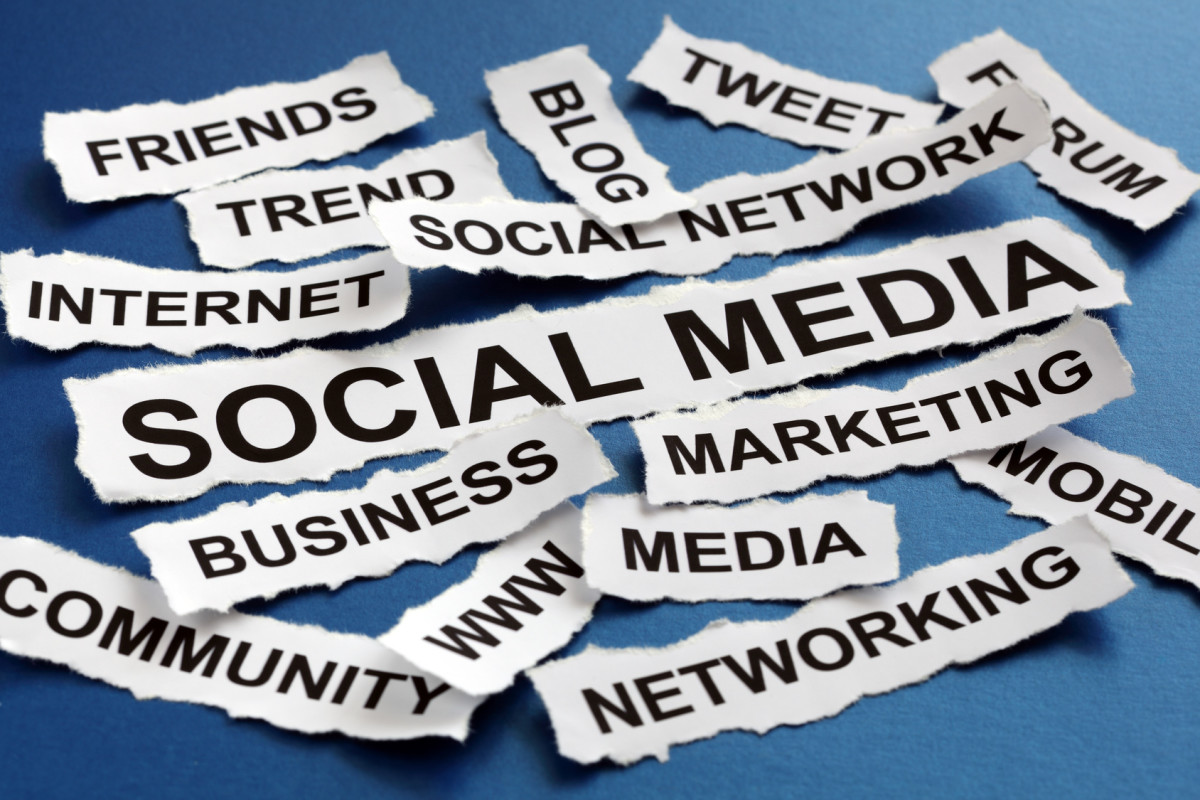Annoying Everyday Patterns in Popular American Culture
Change those patterns ...
America is a country of grand diversity. When one thinks of the variety of cultures that have enriched, who and what our society is today one can lose themselves in the history. This country was founded by Europeans, hence forth the Pilgrims. However, over hundreds of years and even today many more ethnicities have embraced our country from Latin America to Africa and Asia. The abundant culture America has formed since its founding has impacted much of the popular culture today. Just look at the many options society has in food, movies, music, reading, and religion. These choices impact our daily lives more than one would think. Ask yourself this … how much of our culture effects what we do today as individuals?
After keeping a three day inventory of what daily life consists of in my household, a few patterns were easily detected as to how popular American culture affects the family’s daily life. The many different ethnic foods in restaurants, diners and fast food chains has become a large reason as to why many Americans eat less home cooked meals and spend more money at food establishments. Each of the three days inventoried listed a point in the day when one or another family member ventured out of the house to purchase a meal. Two of the three days involved running through the local McDonald’s while the other day noted a breakfast at Starbucks. The convenience of buying an already made meal or being waited on by a restaurant server has been a luxury to Americans. Now those wonderful family dinners with the homemade pot roast are almost a thing of the past … less family time, more money spent and an empty, useless kitchen.
Another common link between each day was time spent viewing a television or renting movies. On one occasion, two movies were rented from Blockbuster, while the other two days were spent watching at least one movie on a cable television network. The entertainment industry has not suffered from vast culture differences in this country. There is a multitude of different television shows, movies, actors and actress, in which it is clear that entertainment does not lack a wide variety of these; and with choices from comedies, horror, sci-fi, or foreign films at the touch of a button. Cable channels such as ABC, Telemundo, Russian TV, offer any nationality access to similar news, movies and sport programs.
The internet was the last major pattern in the three day inventory. The internet was used on more than a number of occasions during this time. Whether it was to check email, chatting sites, or more … a number of hours combined was spent “surfing the web.” Since the internet debut in the late 20th century the number of households with a computer has increased significantly. This technological phenomenon has changed the way of life and how people live it immensely. Media can be broadcasted via many websites in only a matter of minutes to the whole nation and not to forget the whole world. Emails can be sent to someone in another nation in just seconds, opening the lines for communication between one country and another. The internet is not only a communication tool, but also a library of information, shopping sites and cheap advertising.
Insecurities

These patterns in our daily life are prevalent in American popular culture, though posing some serious negative values to today’s society. As discussed previously, the internet, entertainment and food establishments are ramped within our world. Could this be viewed as a negative reality? The answer is, of course. With young minds at stake (children) what American popular culture imamates will have an effect on their behavior, outlook and self-esteem. How entertainment places emphasis on beauty, wealth and popularity can and has been proven to cause a negative impact against children, specifically young girls. This media has increased the number of teenagers suffering from anorexia and bulimia, along with a number of other eating disorders in the last few decades. Not only has how the entertainment industry portrayed how one should look, but also they have failed to censor movies and television properly. Murder, sex and swearing on television have been shown to be an increasing problem over the years, with little censorship to protect young, impressionable minds.
Furthermore, the increase in fast food chains and “quick bite” restaurants has been cause for real concern over the last decade. Of course, the vast differences in food choices within this country is a wonderful opulence, however, America also has the luxury of holding the highest obesity rate in the world. Drive-thru restaurants are on the rise and with how fast paced society is today and a dwindling economy, these institutions are becoming evermore popular. Sunday night dinners with the family are now gone, replaced with football parties filled with pizza, hot wings, nachos and beer. The unfortunate downfall is that most of these food items are made with unhealthy items and absolutely no portion control. Humans have a tendency to graze at whatever may be in front of them, therefore, leading to overeating and an overweight society … although our media continues to depict that “perfection is skinny.”
Real Women

The internet, no matter how many positives it does hold, certainly has some amazing downfalls. Its wide reach on all topics and access by all has created many problems with what is viewed and sent online. Computer viruses were produced and spread as the internet grew more popular, causing computer crashes in homes and businesses. Although viruses are more controlled these days, spammers are more on the rise than ever. Spam campaigns and spammers are targeting uninformed web surfers for their money, time and personal information. The internet can also be associated with the entertainment industry for the severe lack of censorship. The internet has opened the doors for teenagers to explore over twenty websites that contain videos of beheadings and with the introduction of YouTube, even how to pick a lock. With the increase in technology and freedom of expression, there have come some painful and serious side effects that have gone un-noticed or barely so with the increased enjoyment of these luxuries.
These constant patterns and decisions are a sad reminder of how most Americans live today including my family. Although it is recognized that fast food is possibly the last meal one should be feeding his or her children the need for a “quick fix” is more necessary then ever with a busy lifestyle. The human race craves entertainment and its drama, humor and suspense to fill their seemingly dull lives. However, because of this no one seems to think of the impact it may have on our children. Will they become bigger gluttons then we are? Current American popular culture is wonderful and vast, but as individuals, we should control how much is let in our personal lives … to help protect the next generation.








